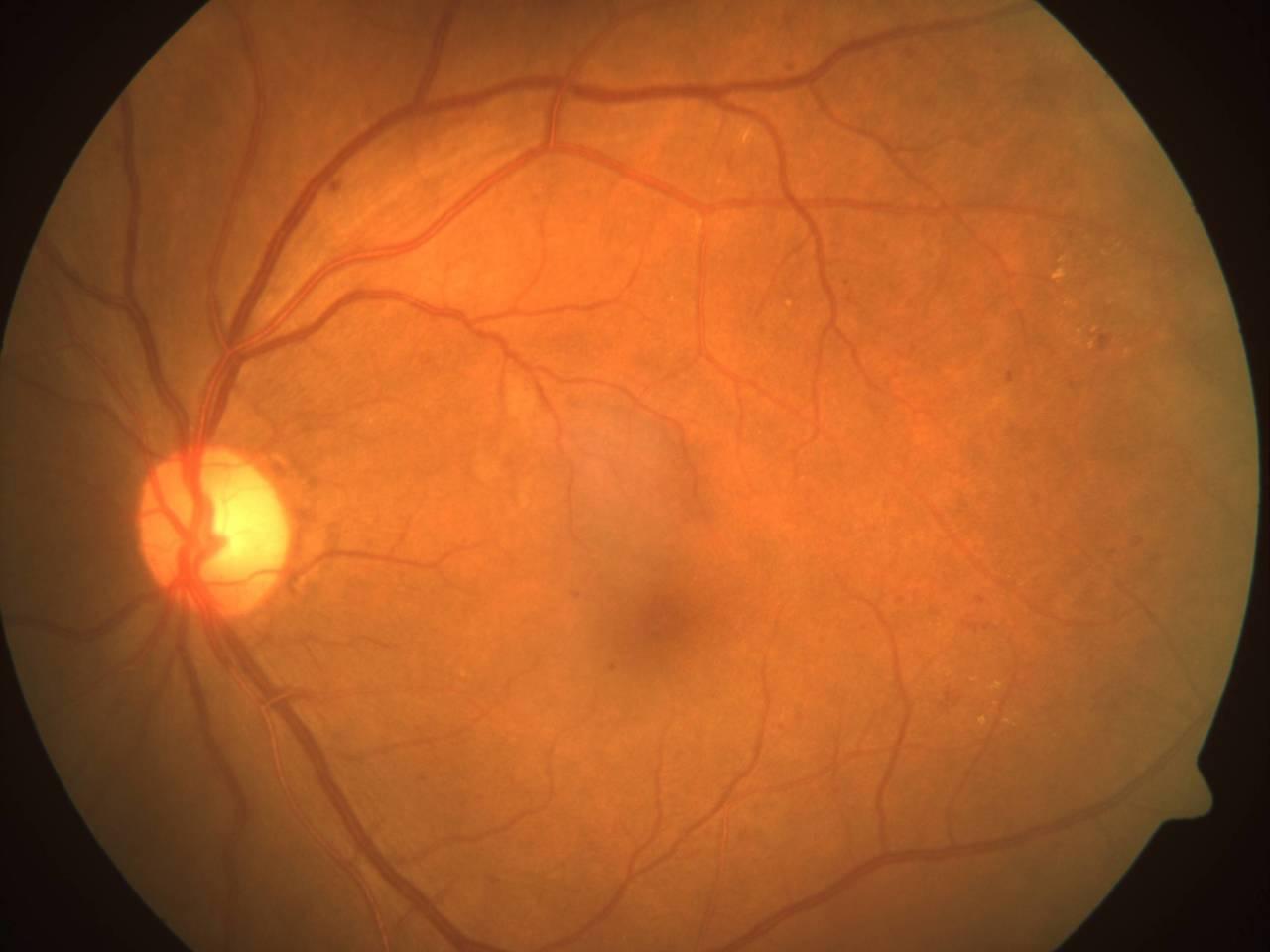Brief about Diabetic Retinopathy
Diabetic Retinopathy
Diabetic Retinopathy, a complication of diabetes, is caused by changes in the blood vessels of retina, the light sensing nerve layer at the back of the eye. These damaged blood vessels leak fluid, lipid and blood which get deposited in the retina. As a result, the images which the retina sends to the brain become blurred, distorted or partially blocked.
Diabetic Retinopathy is the leading cause of blindness among adults in our country. The risk of developing diabetic retinopathy increases with the age of diabetes. About 80% of population with diabetes of more than fifteen years, will have some damage to the blood vessels of their retina. Besides, uncontrolled diabetes, fluctuating blood sugar levels, hypertension (high blood pressure), high blood cholesterol, anemia, effect of diabetes on kidneys and pregnancy aggravate Diabetic Retinopathy.


Diagnosis
Diagnosis of Diabetic Retinopathy
It is advisable that all diabetics, even those who do not have refractive errors, go in for regular eye check-ups, especially true for pregnant women who have diabetes, they need to have their eyes examined every trimester. At our Eye Care Centre, we understand the complications caused by diabetes and thoroughly examine all our diabetic patients before determining the treatment to be offered.
Our approach includes
- Examinations of the interior of the eye using an Ophthalmoscope andretinal lens.
- Using the Fundus camera to capture photographs to understand the condition of the blood vessels.
- Performing Optical Coherence Tomography to assess the stage of diabetic retinopathy
- Ultrasonography
Types of Diabetic Retinopathy
- Nonproliferative Diabetic Retinopathy (NPDR): This is an early stage of diabetic retinopathy. Fine blood vessels leak fluid and lipids causing the retina to form deposits called exudates. This problem is called Diabetic Macular Edema. Sight can be restored if treated in time. If left untreated, macular edema can worsen and vision is lost. Reading and close work may become more difficult: In some diabetic patients, vision may be permanently impaired due to reduced blood supply to the central part of retina – a condition called macular ischemia.
- Proliferative Diabetic Retinopathy (PDR): Proliferative Diabetic Retinopathy is the advanced stage and more serious form of diabetic retinal disease. It affects up to 20% of diabetics and can cause severe loss of sight, including blindness. Abnormal blood vessels may rupture and bleed into vitreous. This leaking blood blocks the light, causing severe impairment of vision. These abnormal blood vessels frequently grow scar like tissue with them which may pull the retina away from its normal position at the back of the eye (retinal detachment).
Diabetic Retinopathy is a painless condition. One can have Non-proliferative Diabetic Retinopathy for a long time without any symptoms. Thus changes in the eye can go un-noticed unless detected by an eye examination. Gradual painless blurring of vision suggests onset of diabetic retinopathy. A sudden loss of vision points to bleeding inside the eye due to proliferative diabetic retinopathy. This severe form of diabetic retinopathy requires immediate medical attention or surgery.
Treatment available
Treatment of Diabetic Retinopathy
Anti-VEGF therapy
Latest advances in the treatment of diabetic retinopathy has been the introduction of anti-VEGF therapy. Inj-Bevacizumab (Avastin) is one of such drugs which is injected directly into the eyeball and has shown promising results in management of Diabetic Macular Edema and Diabetic Vitreous Hemorrhage.
Supportive Treatment
Besides control of diabetes, management of any associated condition like;
- Hypertension,
- High cholesterol levels
- Anemia
- Nephropathy (effects of diabetes on kidneys) is very important to prevent aggravation of diabetic retinopathy.
- Steroid injections given in the outer layer of eye ball prevent leakage of fluid for 6-8 weeks.
Medication
Lipid or cholesterol lowering drugs (Atorvastatin) also help in reducing the Diabetic Retinopathy

